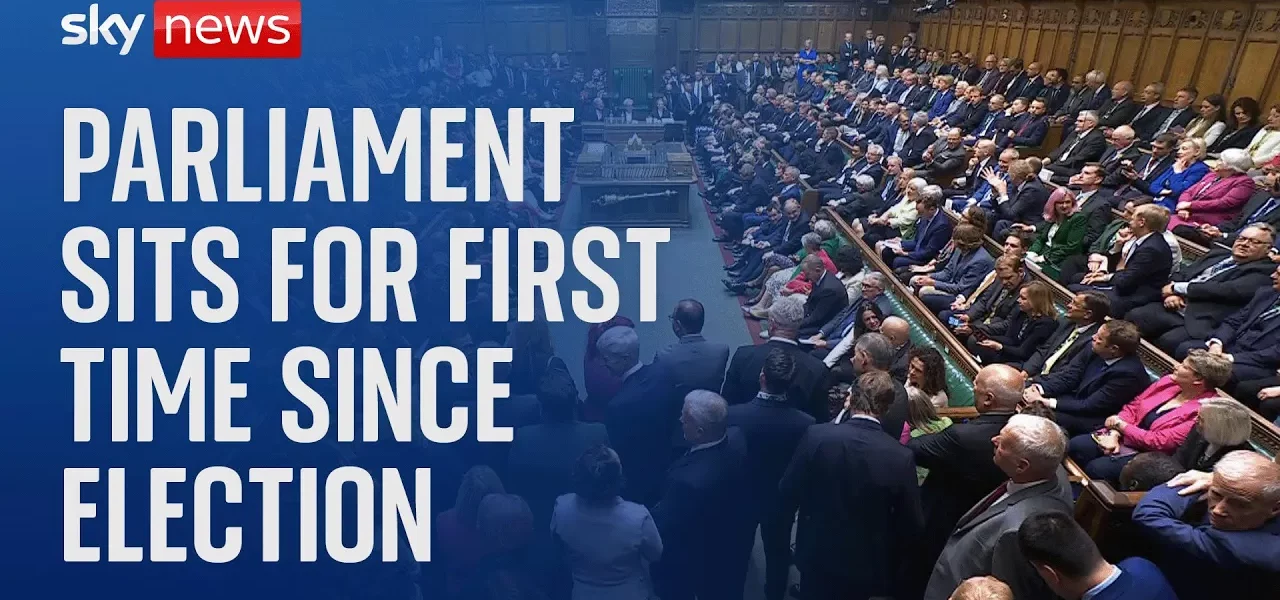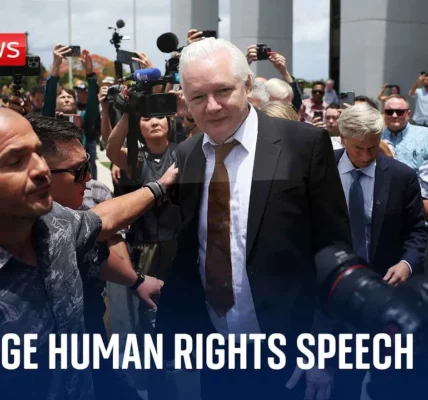The Ceremonial Opening of Parliament and the Election of the Speaker

This article delves into the intricate ceremonial processes surrounding the opening of the UK Parliament, emphasizing the role of Black Rod and the traditions that govern the election of the Speaker of the House of Commons.
Introduction
The opening of Parliament in the United Kingdom is a time-honored tradition steeped in history and ceremony. This significant event marks the commencement of a new parliamentary session, where Members of Parliament (MPs) gather to receive instructions from the monarchy, embodied in the figure of Black Rod. The ceremony is not merely a formality; it encapsulates the very essence of the UK’s unwritten constitution and the delicate balance of power between the monarchy and Parliament. This article explores the various components of this ceremonial opening, including the roles of key figures, the traditions involved, and the election of a new Speaker of the House of Commons.
The Role of Black Rod in Parliament
Black Rod, officially known as the Gentleman Usher of the Black Rod, plays a pivotal role during the ceremonial opening of Parliament. This individual is responsible for summoning the House of Commons to the House of Lords for the reading of the Queen’s Speech, which outlines the government’s agenda for the upcoming parliamentary session.
Procession to Central Lobby
As the ceremony commences, Black Rod makes a formal procession through the Palace of Westminster, navigating through Central Lobby, where guests and media gather. This journey, though short, symbolizes the gravity of the occasion and the respect afforded to the institution of Parliament.
Summoning the House of Commons
Upon reaching the entrance to the House of Commons, Black Rod delivers a message to the MPs, inviting them to attend the House of Lords. This act is steeped in tradition, highlighting the ceremonial nature of the UK Parliament. The atmosphere in Central Lobby is charged with anticipation as members gather, reflecting the importance of the moment.
The House of Lords and Its Instructions
Once summoned, MPs proceed to the House of Lords, where they receive formal instructions to elect a Speaker of the House of Commons. This process is steeped in historical significance and underscores the collaborative nature of the British political system.
The Importance of Tradition
The instructions given by the House of Lords are not just procedural; they carry the weight of centuries of tradition. The eloquent wording of the message from the monarchy, delivered through Black Rod, serves to remind all present of the historical continuity and constitutional framework within which Parliament operates.
The Election of the Speaker
The election of the Speaker of the House of Commons is a crucial event that follows the ceremonial opening. This role is vital for maintaining order and impartiality within the House. The process typically involves:
- Nomination of candidates by MPs.
- A series of votes until a candidate achieves a majority.
- The Speaker’s acceptance of the position, traditionally accompanied by a speech outlining their commitment to fairness and impartiality.
The recent election saw Sir Lindsay Hoy reaffirmed as Speaker, a role he has held with distinction. His election speech emphasized his dedication to represent all members fairly and maintain the integrity of the House.
Significance of the Ceremonial Opening
The ceremonial opening of Parliament is not simply a procedural necessity; it is a powerful demonstration of the UK’s democratic processes intertwined with its historical and constitutional traditions. The event reinforces the relationship between the monarchy and Parliament, illustrating how authority flows from the Crown to elected representatives.
Connecting History and Modern Governance
This ceremony serves to remind both MPs and the public of the historical context in which modern governance operates. The rituals, the language of the instructions, and the presence of Black Rod all link contemporary politics with the nation’s rich constitutional heritage.
Public Engagement and Representation
As MPs take their oaths and prepare to serve their constituents, the ceremony also highlights the importance of public engagement and representation in democracy. With a diverse Parliament, the opening ceremony sets the tone for the work to come, emphasizing the responsibility that each MP holds towards their constituents.
Conclusion
The ceremonial opening of Parliament is a critical event that encapsulates the traditions, responsibilities, and connections within the UK’s political system. Black Rod’s role, the instructions from the House of Lords, and the election of a Speaker all underscore the importance of ceremony in governance. Such events foster a sense of continuity and respect for the democratic process, reminding all involved of their duty to serve the public. As Parliament embarks on another session, the commitment to uphold these traditions will ensure that democracy remains vibrant and responsive to the needs of the people. For further exploration of parliamentary processes, consider reading our articles on the role of the Speaker and the House of Lords’ functions.
“`




